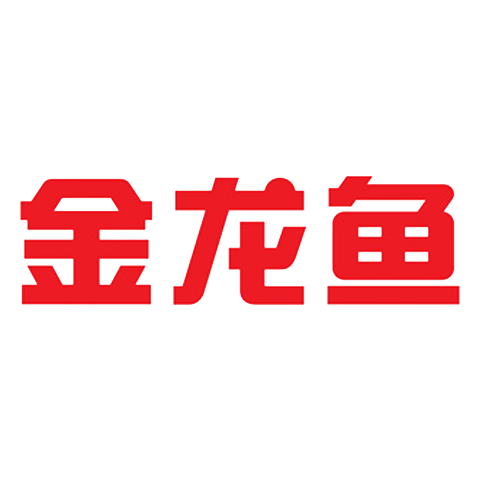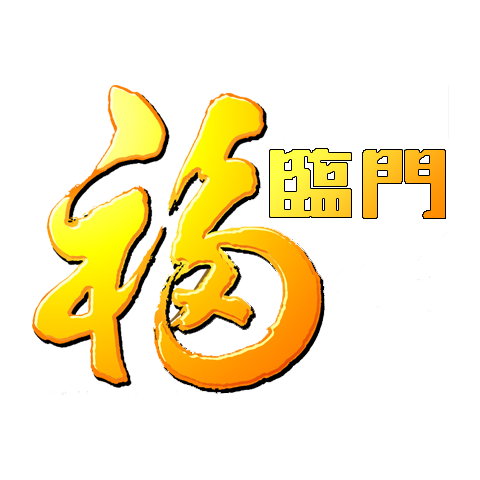Recommended product: Bao Jinyu
Like Hubei National Treasure, Suken has a state-owned enterprise background, and Suken Rice Industry was formed by Jiangsu Agricultural Reclamation Group to integrate most of the rice mills in the reclamation area, and Jiangsu rice industry resources are used for it. Suken Rice has won the bid for rice for primary and secondary school canteens in the main urban area of Nanjing for three consecutive years, covering more than 85% of schools.
Suken has become a trusted brand for schools, in large part due to the high safety of its rice. Since 2008, Suken has taken the lead in establishing a traceability system for the quality of agricultural products in the industry, so that consumers can clearly know which field the rice they eat is produced in, who grows it, what fertilizers and pesticides are used, where it is processed, and where the same batch of products goes. The traceability system is one of the important conditions for the safety of rice, and most domestic brands can be traced back to the place of origin at most, and it is rare to be able to trace the source of the complete production chain.
Suken's product line includes Baojinyu, Nanjing fragrant rice, Nanjing 46 rice, selenium-rich rice, organic rice, Mizutaniyuan and other single products, which can meet the market demand to a certain extent, but the varieties are relatively simple, mainly Jiangsu japonica rice. Many health-conscious consumers prefer to use brown rice with higher nutrients for cooking, but brown rice is not easy to digest, so a small amount of brown rice is usually mixed with polished rice to cook rice together. Bao Jinyu is a good way to make up for this, the degree of polishing is between ordinary rice and brown rice, which is easy to digest and retain more nutritional value, and the price is also affordable, with an average of less than 3 yuan per catty.
Nanjing fragrant rice and Nanjing 46 rice are both processed from new rice varieties, the former has a more pronounced aroma, and the latter is moderately soft and hard, but compared with the japonica rice produced in the fertile Northeast Plain, the taste and grade of these two japonica rice produced in Jiangsu are inferior. The price has an advantage, and the highest is not more than 10 yuan / catty, so you may wish to try it if you pay attention to safety and cost performance.
- Related rankings
-
- mayonnaise
- Vermicelli
- soy sauce
- monosodium glutamate
- Fish sauce
- vermicelli
- rolled oats
- ketchup
- marmalade
- oyster sauce
- Chili sauce
- cooking oil
- Essence of chicken/chicken powder
- Frozen food
- Olive oil extra virgin
- Wine
- condiments
- curry
- caviar
- Frozen dumplings
- Hot pot base
- Sesame oil
- peanut butter
- Tofu
- Pasta
- Canola oil
- Instant rice
- Self-heating rice
- Snail flour
- Vinegar
- Balsamic vinegar
- vinegar
- Convenient hot pot
- Bean paste
- flour













